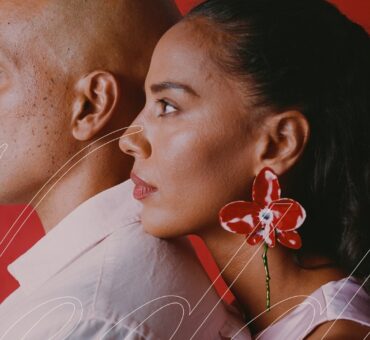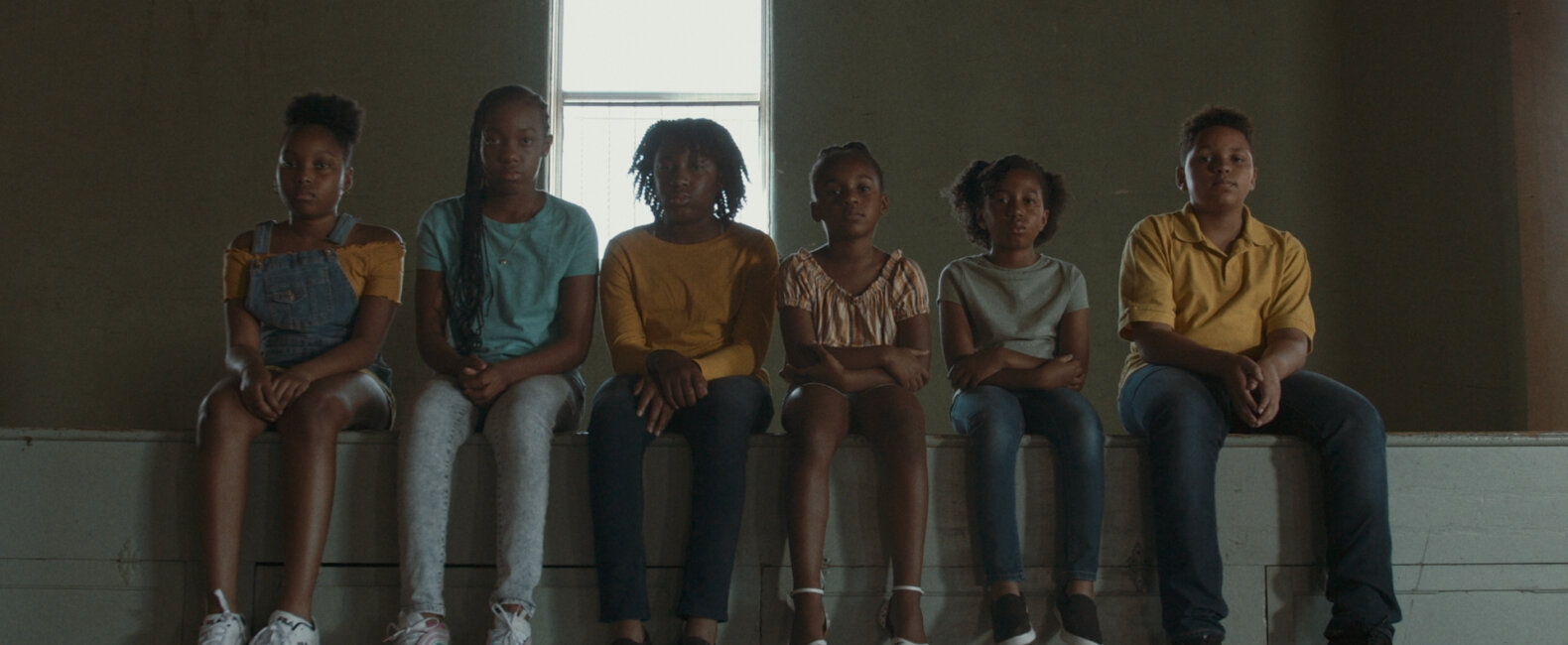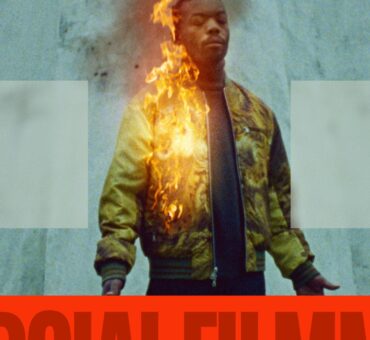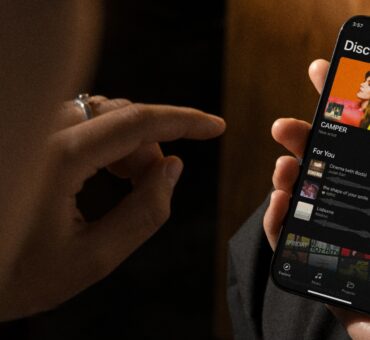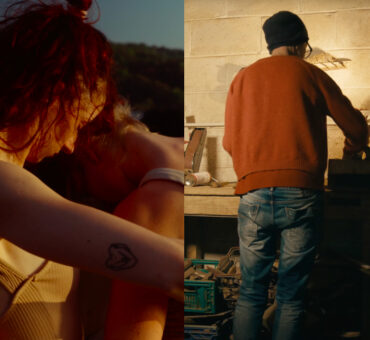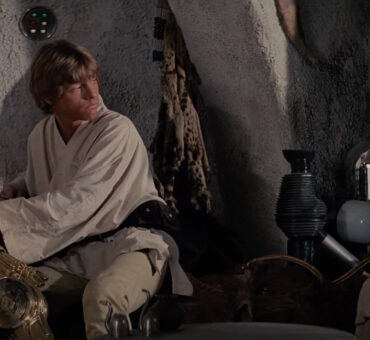Our intention with the Reopen Challenge was to bring some light back into the world. But, even we didn’t know how far-reaching this effect would be, or how many impactful films would be made. There’s no greater example of this than Kyndra Kennedy’s Black.Matters, our judges’ winning selection for this year.
Her visual protest film is a stunning example of bravery at work, something that took guts to put out into the world. It’s a strong statement, one that wasn’t easy to make:
“I keep being reminded of why I’m so glad I made this. I had so many reasons not to do it. There wasn’t enough time. I didn’t want to make a political statement,” Kyndra told us. “But, I just kept being reminded that this is something that I needed to make.”
Her short film is an exercise in impromptu filmmaking. Between her and DP/Editor Kenneth Cuadrado, they managed to work from the visual side first, reverse-engineering a poetic, visceral experience for the audience. In our interview, she talks about how she planned out the short production schedule, adapted Kenneth’s visuals to poetry, and discovered a powerful revelation in the form of one little girl.
Here’s Kyndra Kennedy, our 2020 Musicbed Reopen Challenge winner.
Featuring “White Knight” by Ryan Taubert
Musicbed: What made you decide to enter the Musicbed Reopen Challenge?
Kyndra Kennedy: My partner, Kenneth, a cinematographer and editor, is always looking for new competitions. We did Musicbed Challenge last year and we actually just finished the Moment Film Festival, which was exhausting—too much work and not enough time. I remember saying, “Okay, I need a break for a little bit just to clear my mind, maybe work on some scripts.”
Then, the actress we worked with for the Moment Invitational Film Festival sent me a link to the Musicbed Reopen Challenge. I read what it was about and for me, the biggest cause on my plate was Black Lives Matter. Because of production in the last film we did, I really didn’t get a chance to get involved in the protesting.
I’m looking out the window thinking, “Man, I’ve got to get out there.” We started going to some protests in L.A. We would just bring the camera to capture the moment. Looking back at the footage, we thought maybe we could incorporate some of these live shots for the Musicbed competition. That sparked it for me. I had to do something for this cause.
Where did you start to put the idea together?
It started with a poem. I read a lot of poetry. If you made me mad, I’ve got a poem somewhere about it [laughs]. That’s just how I express myself. I remember a few years back I had one that was about police brutality, from maybe four years ago or the first time Black Lives Matter came around. I wrote this long poem about all the racial disparities.
So Kenneth and I, we said, “Okay, maybe that’s what we do. We read one of your poems and then we just show it. We flash to these scenes.” He had a visual idea of what he wanted to do. When he showed me his notes, I saw police cars, police lights, and a lot of extras and people. It was a lot to organize in a small amount of time.
We knew there was going to be a poem, and we knew we wanted to have some artsy shots, going in between. I had to make sense of all these visuals and try to tie it together.

How did you incorporate his visuals to your story?
Once we knew we were going to be able to pull it off, Kenneth went and bought all these backdrops and set materials because he wanted different patterns behind each actor. He really had the vision before it was written and he doesn’t give himself enough credit. I even insisted that he get a co-writing credit.
That’s what I wanted, too, because it’s a partnership. I want to know what you want to do because I think that’s more interesting than what I want to do. Once I get an idea of his visuals, I can start to tie them together. We did that with our last film as well, Of Salt & Sand. We do this reverse engineering process of, “Okay, first, what do you see?” And then, we’ll go from there.
And this one just made sense for the time we had. He was very excited to make something while I was dragging my feet out. There was a lot of pressure. There really wasn’t a lot of time to go back and forth on it.
Featuring:
“Lambda” by Bytheway-May
“Kepler” by Bytheway-May
“Isolation” by Luke Atencio
“Are You Listening?” by Ryan Taubert
“Oyarsa (featuring Timbre)” by Tony Anderson
So you adapted your poem to fit the visuals?
On day one, I realized my poem was kind of about Black Lives Matter, but it didn’t really touch on anything specific. So, I ended up writing a whole new poem to express how I was feeling at this moment. It put us in a tight spot because we had eight days to pull this production off.
And all of a sudden you have seven days left.
Yeah. I decided that we had to film this thing on a weekend to give me time to put out a casting call. I knew Friday, Saturday, and Sunday were our shooting days. I did the casting and wrote the script out. On day three, people started responding to the casting call and anybody who said they wanted to be in it, they made it [laughs].

It was really interesting. Most people I cast were saying, “I absolutely want to be a part of this film.” A lot of them I cast as protesters and they already had posters. So, they were actually supporters of the movement. All we were doing is essentially recreating the scenes that they’d already been a part of.
It’s a very powerful film.
It was powerful for me to make it. For example, I had an idea for the victim to hand the flower to a little girl. I went to the holding area for our cast and saw the smallest girl I could find. I said, “Hope, come on.” We got the shot. It just looked like a painting. I was so happy.
But, after we released the film, her mother sent me a letter. She said, “Thank you so much for letting my girls be a part of this powerful project. I just wanted to let you know that they lost their father to police brutality eight years ago. I’m sure their father would be really proud to know that they were part of this.”
When I read that, I just lost it. I realized that her mother was pregnant with Hope when that happened, so she never met her father because of police brutality. For her to be the one handing the flower to the victim, I just thought it had so much more meaning. I felt like it was divine intervention.

We’re so glad you found the motivation to pull it off.
I’m very grateful to Musicbed. If you guys didn’t give me a purpose it wouldn’t have happened. When you said, “Use your art right now to make something that brings us together and sheds light on a social or cultural issue,” that spoke to me.
I’m so grateful that this message was heard. It’s a serious issue. It’s real life. But there is hope, and we’re fighting for change. That to me is where the hope is, that we’re coming together and this movement is uniting us.
I keep being reminded of why I’m so glad I made this. I had so many reasons not to do it. There wasn’t enough time. I didn’t want to make a political statement. I don’t want to be blacklisted or hurt my career. But, I just kept being reminded that this is something that I needed to make. I’m glad I didn’t let fear stop me. I didn’t let anything stop me.
What are you going to do with the winnings?
I plan to use the winnings to invest in my production company, KYNA Media Films, upgrade our gear and fund our upcoming projects. This win allows us to keep telling our stories and I’m so excited to get started on the next one!
If you’re wanting to dive deeper on how the film was made, check out the Behind-The-Scenes video of Black.Matters below. To see the rest of the Musicbed Reopen Challenge winners, read our blog post here.































































